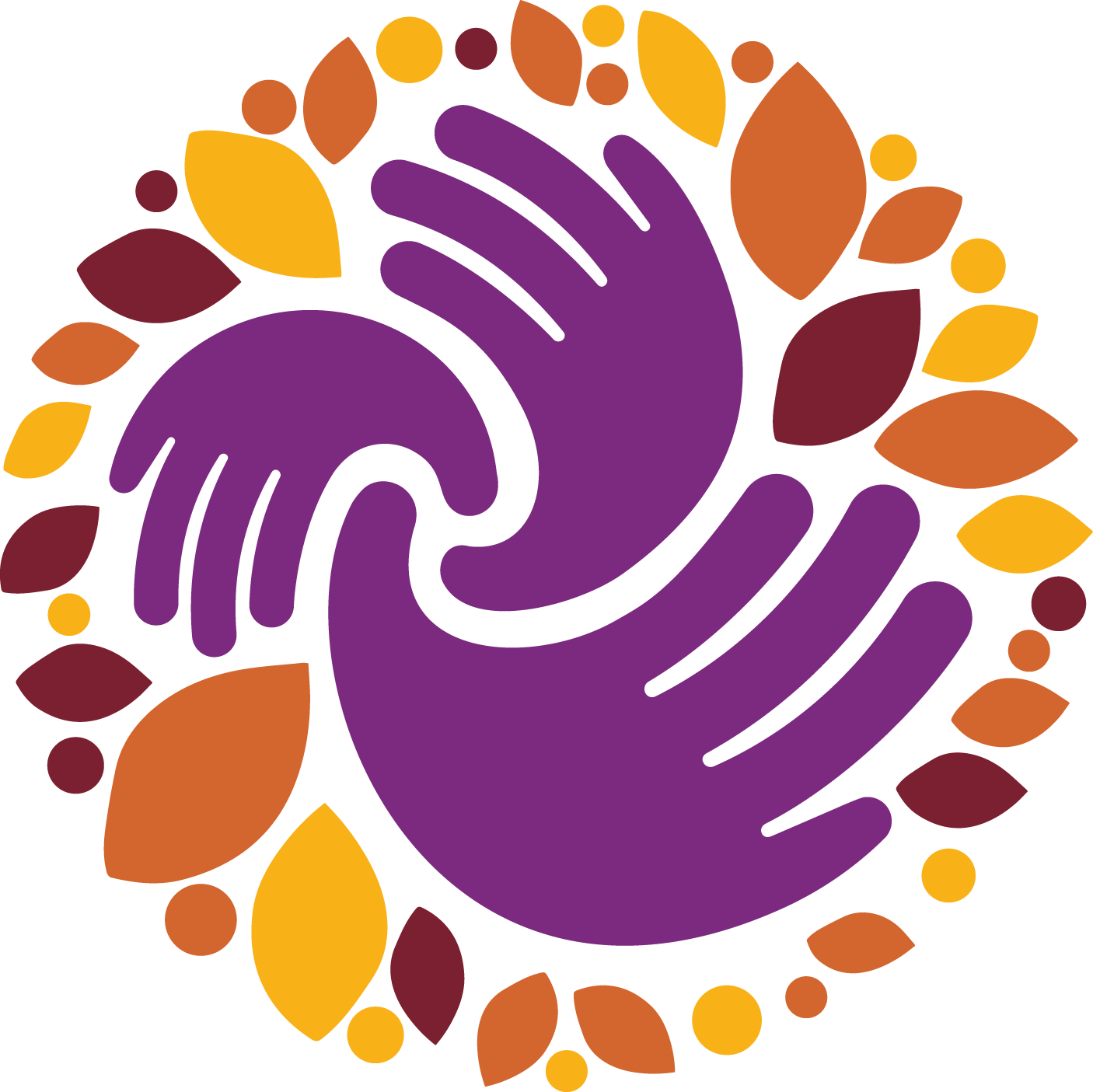Our History
2016
YWCA Halifax received funding from the Canadian Women’s Foundation to bring together partners and stakeholders concerned about the commercial sexual exploitation of children and youth in Nova Scotia. Initially, the partnership was called NSTEP – The Nova Scotia Trafficking Elimination Partnership – and included key stakeholders from government, community, and those with lived experience dedicated to the prevention, intervention, and aftercare of victims and survivors of human trafficking in Nova Scotia.
In these early days, the partnership was a small but mighty group that included:
YWCA Halifax
Department of Community Services Sexual Violence & Early Intervention
Stepping Stone
Mi’kmaw Native Friendship Centre
HRM Youth Advocate Program
Avalon Sexual Assault Centre
Tri-County Women’s Resource Centre
RCMP & HRP
IWK SeaStar Program
HRP and NS Provincial Victim Services
Trauma Recovery for Exploited Youth (TREY)
It became apparent that not everyone was on the same page about how to define the issue of CSEC in nova scotia or the approaches to address the issue. Therefore, much of the initial work of the partnership involved coming up with a common definition and consulting those with lived experience about best practice in programs and services.
2018
YWCA received funding from the Department of Community Services (DCS) for Nova Scotia Transition and Advocacy for Youth Program (NSTAY) which consisted of a coordinator and 2 part-time peer support workers. This was the first time an agency within the partnership had a mandate to work with youth who were being commercially sexually exploited in the community.
DCS was also working on a number of programs and initiatives to support youth in-care who were affected by the issue, and the RCMP received funding to create the Provincial Human Trafficking Team.
2019
By summer 2019, a critical foundation had been laid in Nova Scotia to deal with the issue of CSEC:
The partnership had grown to over 40 partners;
DCS and the Department of Justice made more strategic investments for more dedicated services through the funding of YWCA Halifax’s Safer Spaces Housing Program, Elizabeth Fry Society’s GATE Program, Nova Scotia Native Women’s Association’s Jane Paul Indigenous Women’s Resource Centre, and the Association of Black Social Workers’ Prevention Initiative for African Nova Scotian Communities;
A dedicated Crown Attorney for prosecuting Human Trafficking cases was put in place;
and Provincial Victim Services created new Human Trafficking Navigators to provide additional support to survivors regardless of their decision to pursue criminal charges against their traffickers or not.
By late 2019, a common definition of sexualized human trafficking and exploitation was created and a Statement of Values was introduced for working with victims and survivors that was inclusive of those who identified as being sex workers, and took a harm-reduction approach to services and supports.
Not all partners agreed with this evolution in thinking and approach, so YWCA Halifax took a bold move to dissolve NSTEP and reform and rebrand as The Trafficking and Exploitation Services System (TESS). TESS was structured as a Community of Practice that prioritized awareness, training, and community-based responses to the issue.
2020
With new funding from DCS, the purpose of TESS shifted towards community mobilization and collaboration. We also received funding from The Community Foundation of Nova Scotia to engage in the first Hearing Them Consultation, interviewing 95 women and gender diverse people with lived experience of the sex trade from across the province to inform the development of new programs, policy, and priorities.
Then the Covid-19 Pandemic hit. TESS partners were keen to continue the work, and by using virtual platforms were able to expand into rural communities and offer free inter-agency training modules unencumbered by distance. TESS also launched social media accounts to bring further awareness to the issue.
2021
The partnership grew to a staggering 150 professionals from over 70 agencies across Nova Scotia, including a curriculum specialist from Department of Education who was instrumental in the implementation of core learning outcomes related to CSEC in the Healthy Living 7 curriculum and inclusion in the Grade 7 Sex Book.
2022
TESS shifted yet again, focused on digging into the root causes of CSEC and addressing them through collaboration, resource development, and collective advocacy. The 2021 Hearing Them Consultations were published, and we held our first TESS Conference in Antigonish.
It was then that YWCA Halifax also received funding from Women and Gender Equity Canada (WAGE) to develop and test a model of collaborative service delivery called Coordinated Access to Support Exit (CASE). This project includes case conferences and providing direct funding to those attempting to exit the sex trade.
2024
In 2024, the 2nd TESS Conference was held in Wolfville to great success. The service provider trainings have picked up quite a bit of steam, with consistent requests coming in from agencies across the province wanting to learn more about how they can help address and respond to CSEC. They’ve also expanded to include both virtual and in-person sessions.
Looking ahead, TESS has some great things coming down the line! We aim to continue to address the root causes of CSEC applying a Population Health Approach, and create new resources to increase public awareness on this issue.

